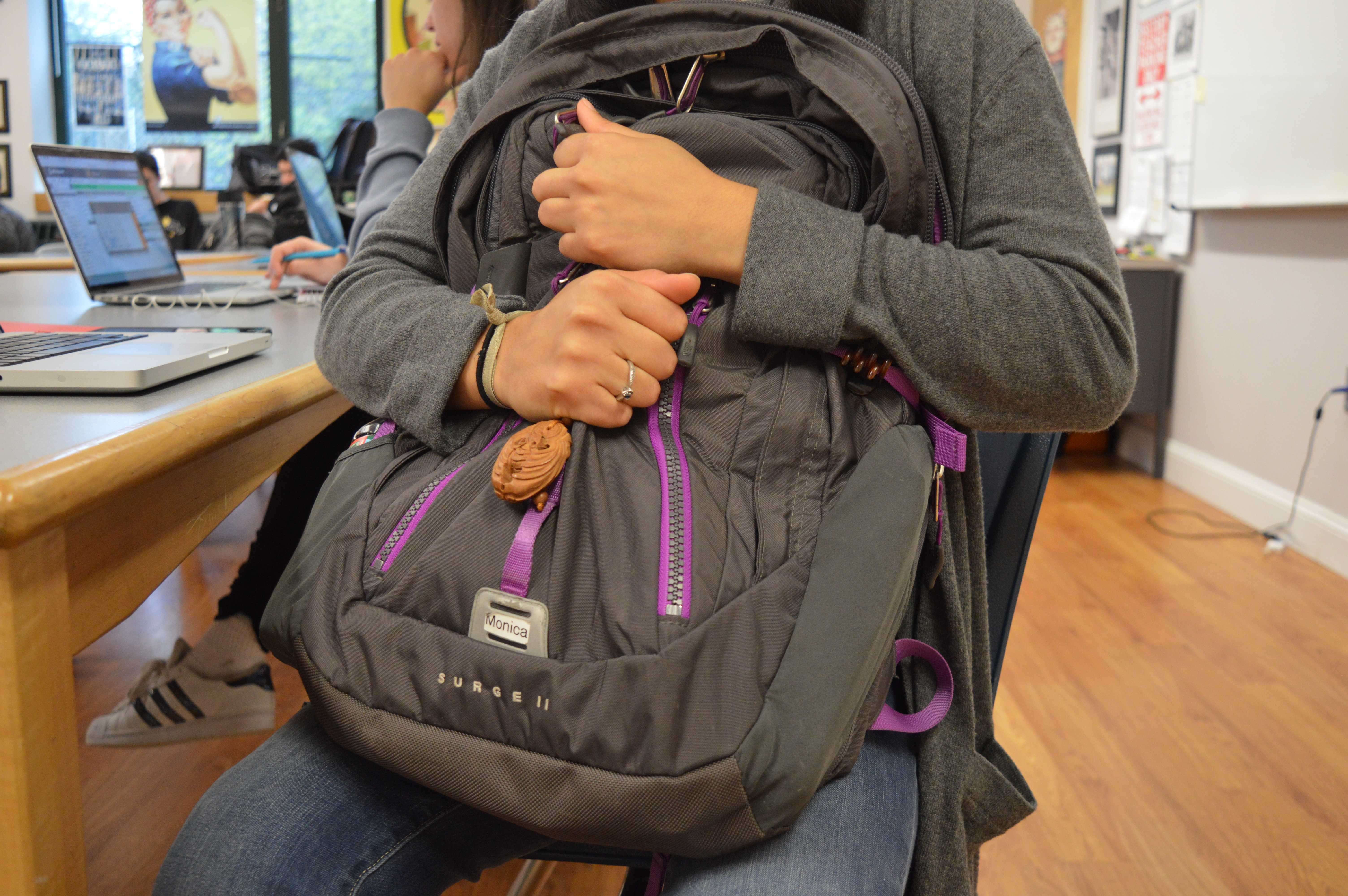
Student search policies are clear for public schools, but where does Brimmer and May, a private school, fit into the mix?
“Student search can be a tool for maintaining safe schools, but school administrators must balance students’ individual rights with the school community’s need for a safe learning environment,” says Kate R. Ehlenberger of the Association for Supervision and Curriculum Development.
Indeed, students are protected by the Fourth Amendment, which guarantees “the right of the people to be secure in their persons, houses, papers, and effects, against unreasonable searches and seizures.”
But in a landmark 1985 case, New Jersey v. T.L.O, the Supreme Court ruled that public schools “do not violate the Fourth Amendment so long as the official has reasonable grounds to believe that a student possesses evidence of illegal drug use.”
Boston Public Schools’ Code of Conduct states that students have the right to “not be searched or to have their lockers, automobiles, or personal belongings subjected to searches and seizures.”
Still, with “reasonable suspicion,” designated school administrators may proceed. For this to happen, however, Ehlenberger explains, two conditions must exist:
(1)The search is justified at its inception, meaning that there are reasonable grounds for suspecting that the search will reveal evidence that the student has violated or is violating the law or school rules, and
(2) The search is reasonably related in scope to the circumstances that justified the search, meaning that the measures used to conduct the search are reasonably related to the objectives of the search and that the search is not excessively intrusive in light of the student’s age and sex and the nature of the offense.
However, Brimmer is within its legal right to establish its own student search policy—with or without reasonable cause.
“The staff and administration of the School reserve the right to open a student locker, book bag, or car for inspection should there be any question about its contents,” according to the Student Handbook. “If a teacher feels that a student is under the influence of a substance (alcohol, marijuana), she or he will escort the student to the Division Head’s office.”
Dean of Students Paul Murray, who oversees conduct, says that the School has a responsibility to investigate certain claims and concerns. “It’s not about a student wanting get another student in trouble,” he says. “It’s about making sure students feel safe around everyone.”
Here, some students feel uneasy about its policy. “The School needs to investigate the validity of any claims and how realistic they are, before jumping into examining the student,” says Samantha Vingers ’17.
But others feel differently. “As long as the School has some type of reason to be suspicious, I have no problem with the policy,” says Megan Stander ’20.























































